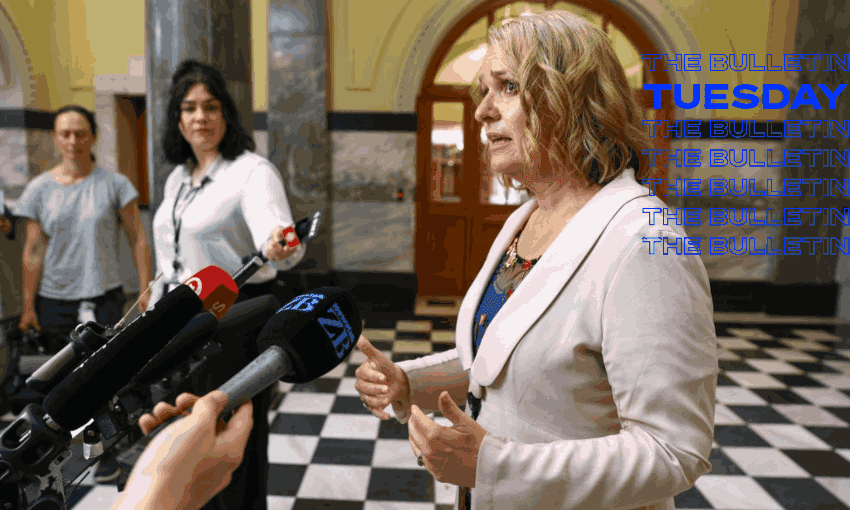The associate minister of education is seeking urgent advice about the eligibility of Philip Arps to run for the board of trustees at a Christchurch school. Should we have seen this issue coming, writes Anna Rawhiti-Connell in The Bulletin.
Legislation does not address extreme views of potential board members
In 2018 the Tomorrow’s Schools independent taskforce noted that “some principals, board members and people who worked with schools had seen previously well-functioning boards and schools undermined by new trustees with particular personal agendas.” Fast forward to 2022 and we’re now in a “grey area” about whether a white supremacist with a criminal conviction is eligible to stand for the board of trustees at Te Aratai College, formerly called Linwood College in Christchurch. The Education and Training Act 2020 includes a number of restrictions on who can stand for a board but a barrister and solicitor has said the Act does not address extreme views of potential board members.
How is there a “grey area” about Philip Arps’ eligibility to stand when he’s a convicted criminal?
Listening again to associate education minister Jan Tinetti’s interview with Kim Hill yesterday morning, Hill pressed Tinetti for the “rules” about who might be ineligible to stand in the first place. There does seem to be a “grey area” on the issue and Tinetti is seeking urgent advice on the matter. At the moment, the rules are the same as any board of a crown entity as outlined in the Crown Entities Act. Similar criteria is outlined in the Education and Training Act. You can see where the ambiguity might lie in the case of Arps when you look at both Acts.
Principals worried about number of people who are anti-Covid prevention measures standing
The ineligibility sections reference being convicted of an offence punishable by imprisonment for a term of two years or more, or being sentenced to imprisonment for any other offence, unless that person has obtained a pardon or served the sentence. Arps was sentenced to 21 months in prison in June 2019, released on bail in January 2020 and has breached his bail conditions multiple times. Arps’ bid isn’t the only one causing concern for principals. The Principals Federation told RNZ it was worried by the number of people standing for school boards who were opposed to Covid prevention measures.
Should we have seen this coming?
For two years, the media in the US has been documenting the plans of right-wing conspiracy groups to run for places on school boards and in local elections. Toby Manhire first brought attention to the plans to do the same here, on The Spinoff at the beginning of this month. Since then, we’ve had a cascade of stories regarding concerns about candidates standing in the upcoming local elections. The Herald’s Jarrod Gilbert (paywalled) recently wrote that what is happening in New Zealand shouldn’t come as a surprise. Tinetti doesn’t want to “rush” a code of conduct for school boards that was part of legislation enacted in August 2020. And yet we find ourselves explaining how it is that Philip Arps might be eligible to run for a position of governance at a school where 63% of the kids identify as Māori, Asian or Pasifika.


